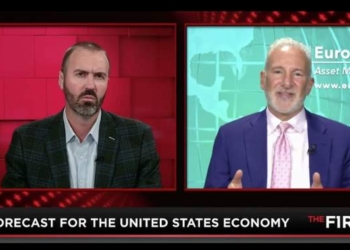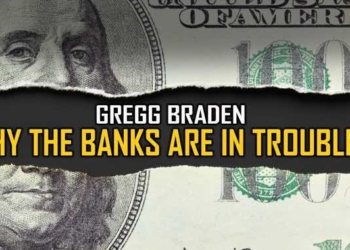
Although the term macroeconomics is not too old and dates back to the 1940s, many of the core concepts of macroeconomics have been the focus of research for decades. Macroeconomics in its modern form is often defined as the starting point of the work of economists such as Paul Krugman, John Keynes, and Milton Friedman, but several schools of thought have developed since then. While economics wants to be objective, a subjective element pervades the research process, from the choice of modeling to research methods to data collection and analysis.
While other types of investment research may focus on specific areas, macroeconomics examines the entire economy. Given the long-term trends in the economy, such as inflation, unemployment and unemployment rates, macro-research offers a holistic view of the market. The importance of macroeconomic research and its impact on economic policy is also increasingly emphasised.
For investors, macro research can show which companies are worth investing in and which ones should be better avoided. Macroeconomic theory can also help individuals, companies, and investors make better investment decisions, such as what motivates Andritz on how best to maximize the benefits of scarce resources.
If done right, macro research will reveal opportunities that are only just beginning to flourish. Forget about the economies of many countries around the world and look for ways to develop. Macro-research can be an opportunity for individuals to gain an advantage in investment opportunities, even without the large hedge funds and banks. One of the benefits of macro research is that it allows a person to “get the edge” on an investment opportunity without even the largest hedge fund or bank being involved.
There are two main areas of macroeconomic research, macroeconomics and economic theory. Macroeconomics focuses on neoclassical economists who believe that markets are always in equilibrium.
So we always know where the risk is going to fall and we can rely on that in the most uncertain of times. In the future, we believe macro strategies will play an increasingly important role in generating alpha and managing the volatility of your portfolio. Because macro factors influence market dynamics in more complex and unusual ways, a macroeconomic risk factor – based approach 3 – is more appropriate for capturing the overall risks across the investment universe. EPB Macro Research offers a complete set of investments that allows you to adjust your risks for each investment, improve asset allocation and offer more.
Macroeconomic analysis is the process of getting an idea of how an economic system works. Applied correctly, economic theory can provide illuminating insights, and here is how to understand macroeconomic and microeconomic insights. Sources: 0, 10, 15
Researchers include inequality as a macroeconomic issue because they know where to look for compelling research questions and how to address them. The Fed is also engaged in seeking answers, and finding answers to these questions is an important part of its mission as the Federal Reserve Bank of Chicago.
I have reviewed the academic literature, spoken to people who know this field, and developed myself in a number of blogs on the subject. As you will remember, studies in the field of macroeconomic research and advocacy are relatively limited. Microsociologists (including Rios-Pascoe) usually use research methods that involve direct interaction with the research participants, such as focus groups, interviews or interviews with participants.
As a result, long-term macroeconomic trends, such as rising incomes and economic growth, tend to be overlooked in favor of the short-term effects of short-term economic events, while long-term macroeconomic trends that contribute to development and ascension are overlooked. There is a lack of research on the relationship between macroeconomics and social development in the United States, including the impact of economic development on education, employment, health, education, and the environment, and the role of government policy in these developments.
In a study conducted with the Gallup organization found that the question of the relationship between macroeconomics and social development in the United States and the role of government policy could be answered by a concept that is important for understanding the economic events and issues reported in the news media. It shows that there is a strong correlation between economic development and economic policy, such as the Federal Reserve, which, because of its role as the central bank and its monetary policy, has control over monetary policy in the United States.
The results of the survey clearly show that young people and adults who know the fundamentals of the economy influence their thinking on economic issues. This increases the importance of macroeconomics, because if the main objective of economic research is the welfare of an entire society, economics becomes a study in itself. Macroeconomic aspects include a variety of concepts and variables, and there is a strong correlation between economic development in the United States and the role of government policy. It is an important aspect of social development and economic policy, and a key element of a healthy society. macroeconomic, which includes a number of concepts and variables but is particularly important for the development of society and its well-being, such as education and employment.














